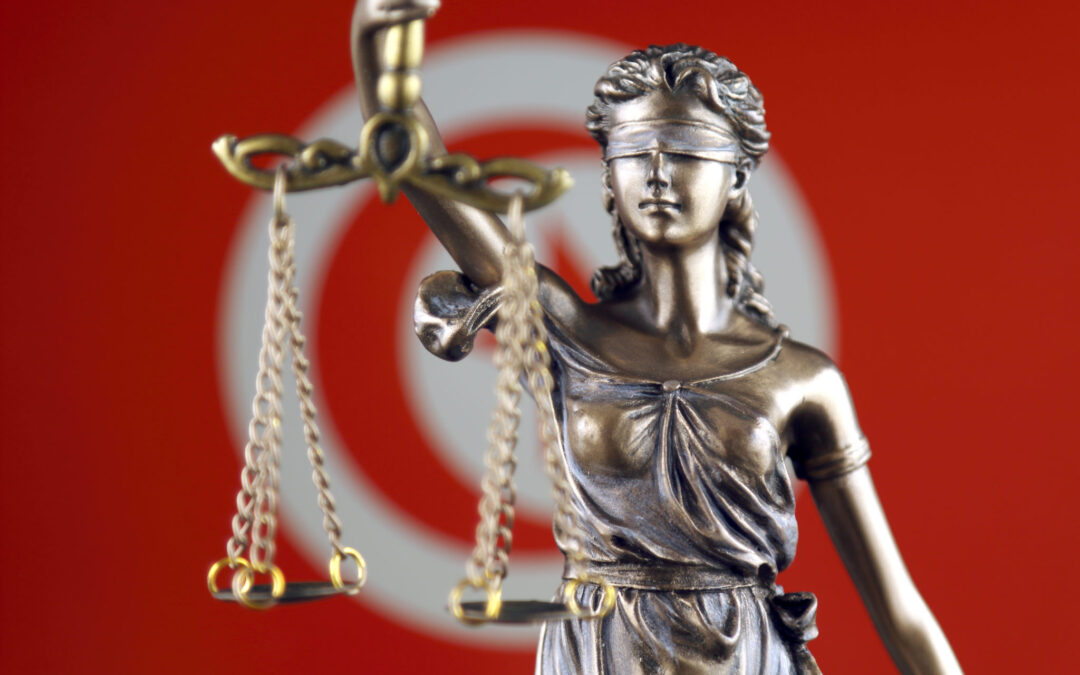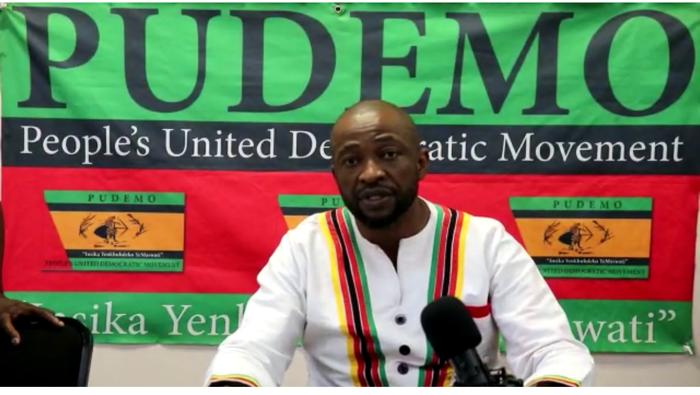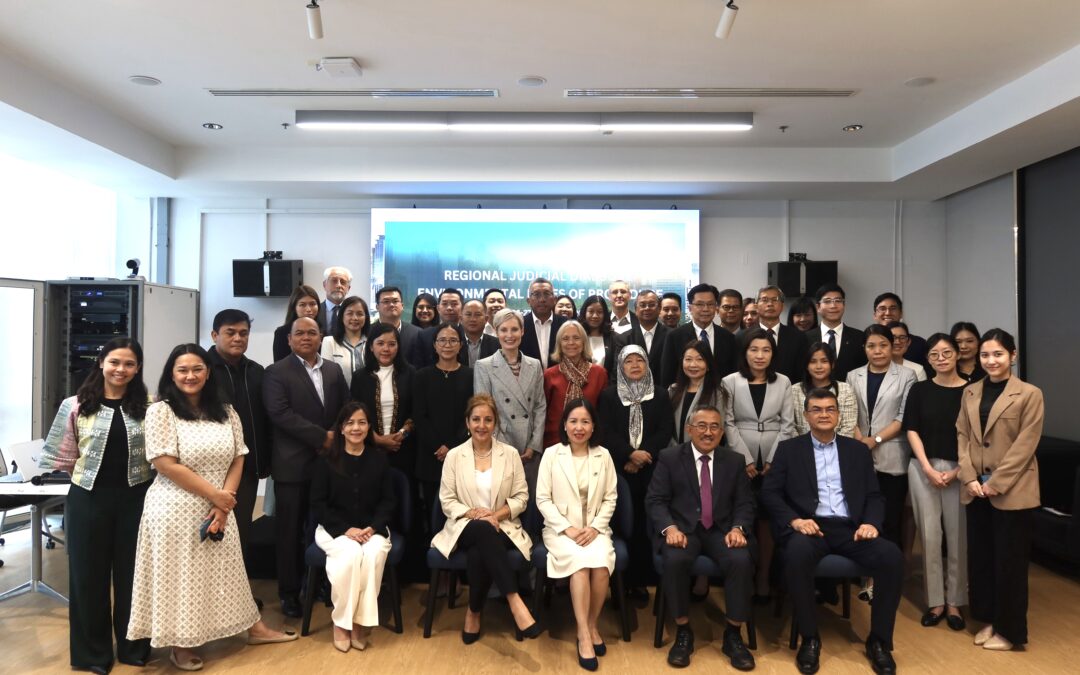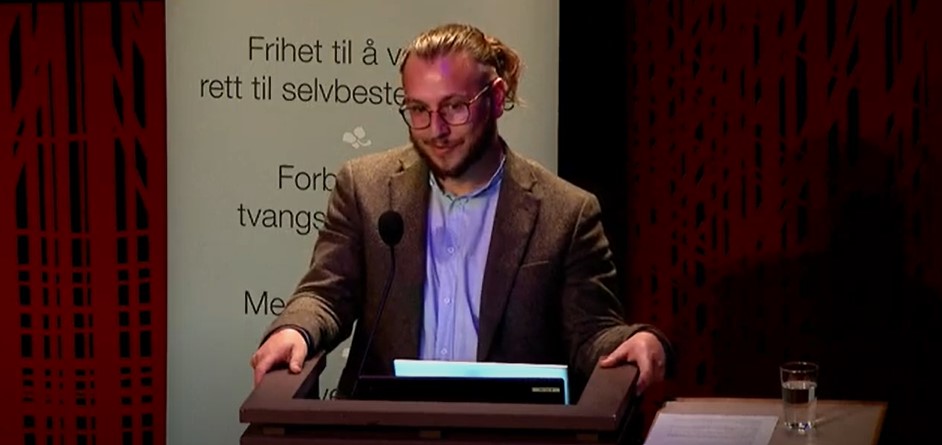
Oct 9, 2024 | Advocacy, News
The Tunisian presidential election, held on 6 October 2024, failed to meet international standards on fairness and transparency, and to ensure Tunisians’ human right to take part in the conduct of public affairs and to be elected to public office, the International Commission of Jurists said today. On 7 October, the Electoral Commission (ISIE) announced that President Kaïs Saïed had been re-elected by 90.69% of the electorate on a turnout of 28%.

Oct 3, 2024 | News, Statements
The ICJ deplores the alleged poisoning of the President of Eswatini’s main political opposition party, People’s United Democratic Movement (PUDEMO), Mlungisi Makhanya,

Oct 2, 2024 | Advocacy, News
Proposed Changes Threaten Fair Trial Rights, Empower Abusive Officials. (Geneva, September 30, 2024) – The Egyptian Parliament must reject a proposed draft law that would replace the 1950 Criminal Procedure Code (CPC), Amnesty International, Dignity, Human Rights...

Sep 30, 2024 | News, Press Releases, Publications, Reports
International accountability bodies and actors have taken significant steps towards achieving gender-competent justice, including, in particular, for survivors of war crimes, crimes against humanity and possible genocide in Myanmar, but can do more to integrate a...

Sep 30, 2024 | Events, News, Web Stories
On 26–27 September 2024, the International Commission of Jurists (ICJ), in collaboration with the Raoul Wallenberg Institute (RWI) and the Thailand Institute of Justice (TIJ), convened a Regional Judicial Dialogue in Bangkok, Thailand. The two-day event brought...

Sep 30, 2024 | Advocacy, News, Non-legal submissions, Web Stories
Oslo, September 2024 – The ICJ participated in the Conference “Ending psychiatric coercion – urgent need for effective remedies and reparations” on access to justice, organized in Oslo by the Human Rights Foundation ReDo and WSO – We Shall Overcome, Norway. According...










